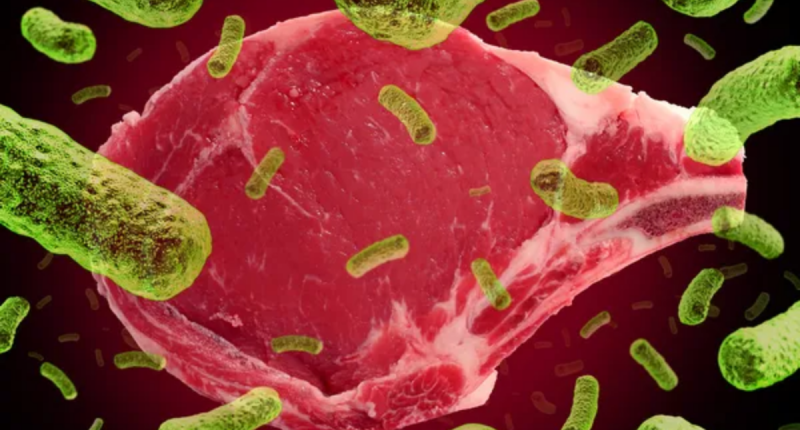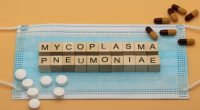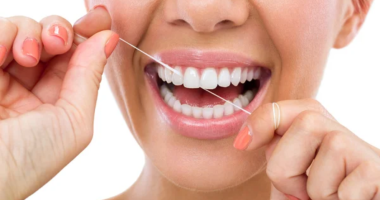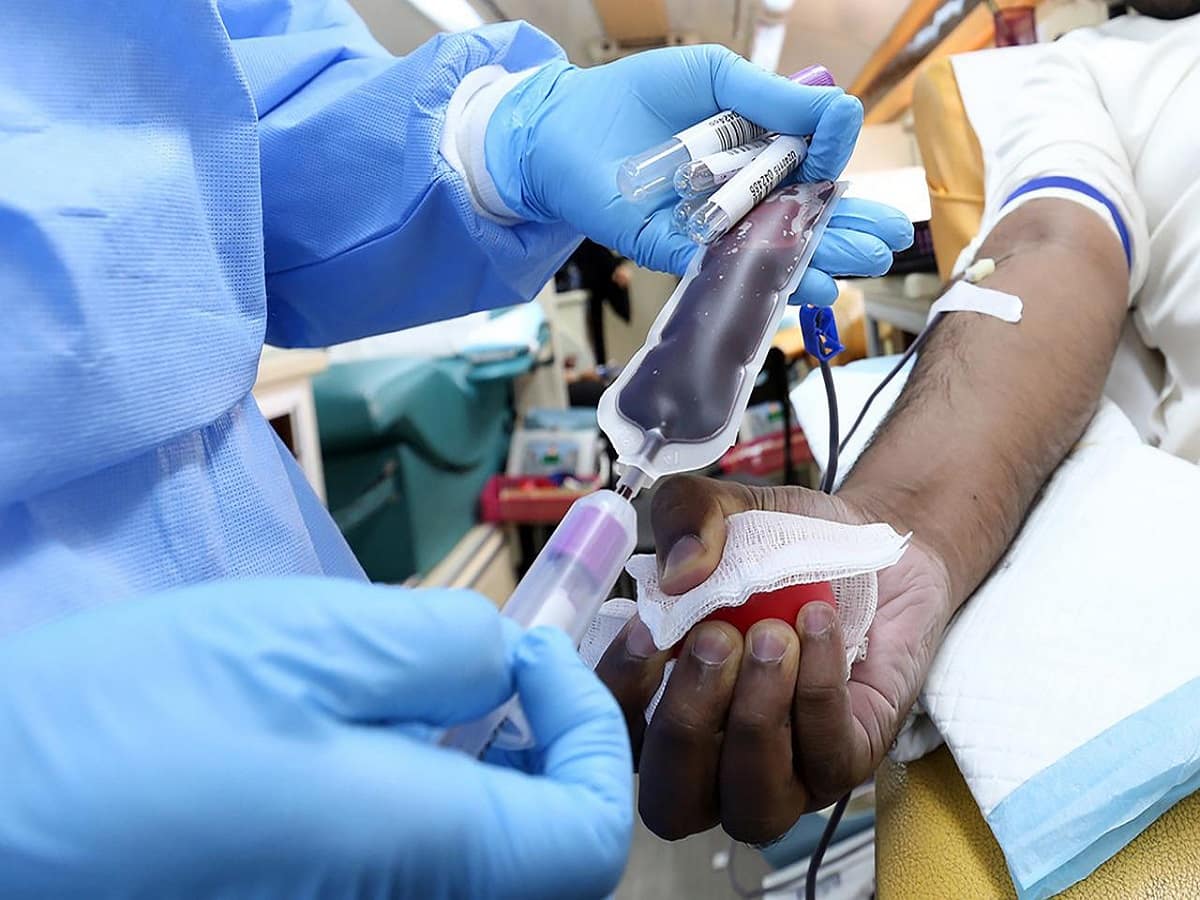Yes, salmonella infection also known as salmonellosis can kill (be fatal), especially in vulnerable populations such as the elderly, young children, and individuals with weakened immune systems. Salmonella infection, is a common bacterial illness that affects the digestive tract. It’s caused by the bacteria Salmonella, which lives in the intestines of animals and humans. People usually become infected by consuming contaminated food or water, According to CDC (Center for Disease Control and Prevention) .
Salmonella infection can be contagious in two main ways:
1. Direct contact:
- This can happen through fecal-oral transmission, which means ingesting the bacteria from contaminated feces. This can occur through improper hygiene practices, such as not washing hands thoroughly after using the toilet or changing a diaper, or through oral-anal contact.
- Sharing contaminated utensils, cups, or other objects can also spread the bacteria through direct contact.
2. Indirect contact:
- You can be exposed to salmonella by touching surfaces or objects that have been contaminated with the bacteria from an infected person or animal. This could include countertops, doorknobs, or pet toys.
- Contaminated food and water are also common sources of salmonella infection. Undercooked poultry, eggs, and unpasteurized milk products are particularly risky.
However, it’s important to note that the risk of person-to-person transmission is relatively low. Most cases of salmonella infection are caused by consuming contaminated food.
Here are some additional things to keep in mind about the contagiousness of salmonella:
- People can be contagious even if they have no symptoms. This is why it’s important to practice good hygiene even if you don’t feel sick.
- The risk of spreading salmonella is highest during the first few days of illness. However, people can remain contagious for weeks or even months after their symptoms have gone away.
- Young children, older adults, and people with weakened immune systems are at higher risk of complications from salmonella infection.
What are the symptoms of salmonella Infection?
Salmonella infection can cause a range of symptoms, including diarrhea (which can be bloody), fever, stomach cramps, nausea, vomiting, chills, headache, and blood in the stool. Symptoms usually start within 6 hours to 6 days after infection and last 4 to 7 days.
Some people with salmonella infection may have no symptoms, but they can still pass the bacteria to others. Most people recover without treatment, but some may need to be hospitalized if the symptoms are severe or if the infection spreads beyond the intestines.
If you experience diarrhea and a fever higher than 102°F, diarrhea for more than 3 days that is not improving, bloody stools, prolonged vomiting that prevents you from keeping liquids down, or signs of dehydration, such as making very little urine, dry mouth and throat, or dizziness when standing up, you should call your doctor.
How long does it take for salmonella symptoms to appear? Salmonella symptoms usually appear within 6 hours to 6 days after infection and last 4 to 7 days. The incubation period, which is the time between exposure and illness, can be 6 hours to 6 days. Most people with a Salmonella infection experience diarrhea, fever, and stomach cramps. Some people may also have nausea, vomiting, or a headache[1, 2].
salmonella infection causes
Salmonella infection is usually caused by eating raw or undercooked meat, poultry, and eggs, or by consuming unpasteurized milk or contaminated water. The bacteria can also be transmitted by touching infected animals, their feces, or their environment. Additionally, contaminated foods of animal origin, such as beef, poultry, and eggs, are common sources of infection. The bacteria are passed from the feces of people or animals to other people or animals, and contaminated foods are often of animal origin. Reptiles, baby chicks, and ducklings are particularly likely to harbor Salmonella, and people can become infected if they do not wash their hands after handling these animals. Factors such as recent use of antibiotics, immune problems, and certain medical conditions or medications can also increase the risk of contracting salmonella. To prevent salmonella infection, it is important to practice safe food handling, avoid consuming raw or undercooked animal products, and wash hands thoroughly after handling animals or their environment [3].
ALSO READ: Catching HIV/AIDS Through Kissing Can Only Happen Under These Conditions
Tips to avoid Catching Salmonella Infection
Here are some key ways to avoid catching salmonella infection:
Hand hygiene:
- Wash your hands thoroughly with soap and water for at least 20 seconds:
- Always after using the bathroom, changing a diaper, or touching animals.
- Before and after handling food, especially raw meat, poultry, eggs, and seafood.
- After touching garbage or cleaning surfaces.
- Carry hand sanitizer for situations where soap and water aren’t readily available.
Food safety:
- Cook food to safe internal temperatures:
- Use a food thermometer to ensure:
- Poultry reaches 165°F (74°C).
- Ground meat reaches 160°F (71°C).
- Eggs are cooked until yolks are firm.
- Do not wash raw meat, poultry, or seafood, as this can spread bacteria.
- Use a food thermometer to ensure:
- Avoid cross-contamination:
- Keep raw meat, poultry, and seafood separate from other foods during preparation, cooking, and storage.
- Use separate cutting boards and utensils for raw and cooked foods.
- Wash dishes, countertops, and utensils thoroughly after handling raw meat, poultry, and seafood.
- Refrigerate or freeze food promptly:
- Refrigerate perishable foods within 2 hours of cooking or purchasing.
- Freeze foods you won’t use within a few days.
- Avoid unpasteurized milk and dairy products.
- Wash fruits and vegetables before eating, especially if you plan to eat them raw.
Other preventive measures:
- Be careful around animals: Wash your hands after touching animals, even healthy ones, as they can carry salmonella.
- Don’t drink untreated water: This includes water from lakes, rivers, and streams.
- Travel safely: Be extra cautious about food and water safety when traveling, especially in areas with poor sanitation.
Additional tips:
- Keep young children, older adults, and people with weakened immune systems away from sick animals and people.
- Clean up spills and messes promptly.
- Educate yourself and others about salmonella prevention.
DON’T MISS: Are Tongue Ulcers Contagious And Harmful?









